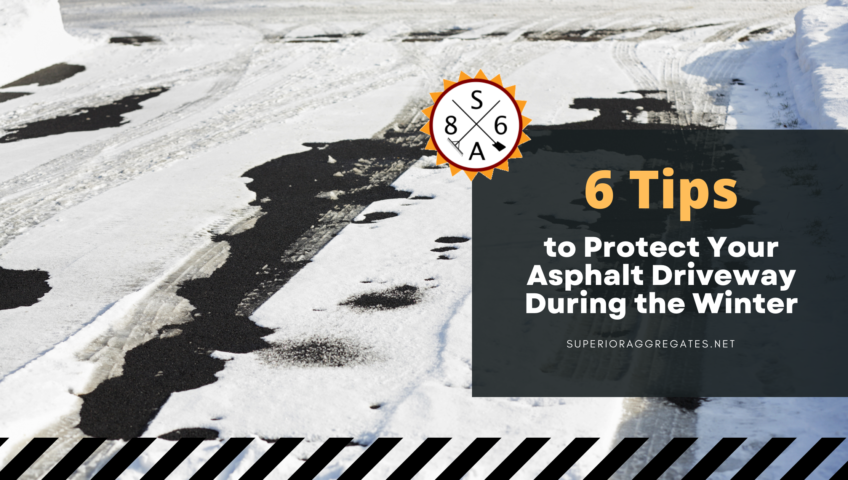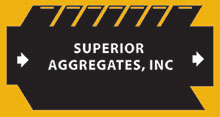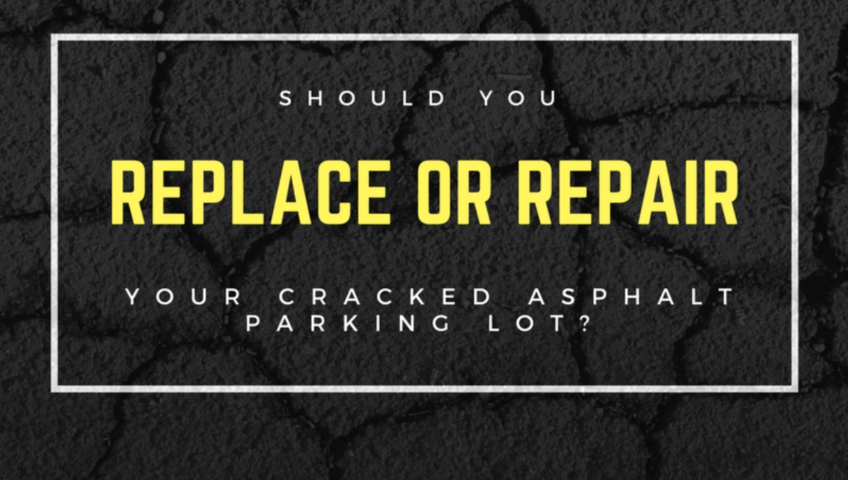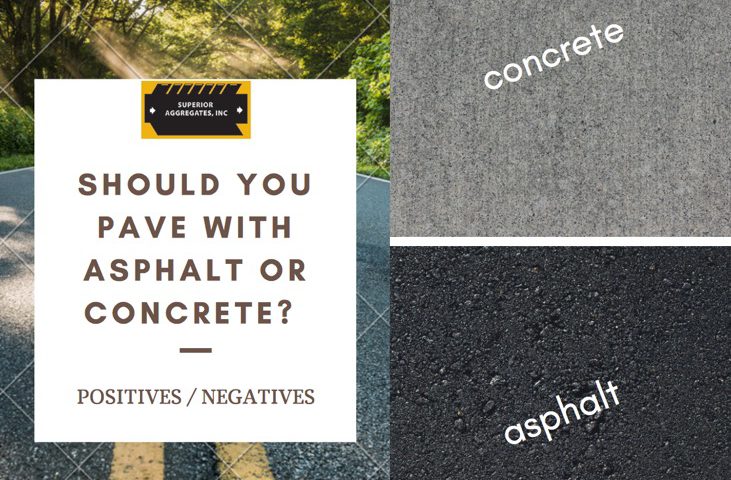
6 Tips to Protect Your Asphalt Driveway During the Winter
Winter is fast approaching, and as you no doubt already know, winter can be very hard on asphalt. If you have an asphalt driveway, you should take precautions to protect it before the winter comes. Of course, you should also take certain precautions during the winter. These precautions include repairing all the cracks, covering the driveway with sealants, patching holes, estimating the traffic, and clearing debris off the driveway. To learn more about protecting your driveway during the winter, read on.
Repair All Asphalt Cracking
If you have any cracks in your driveway that have not already repaired, you should repair them before the first snow of the year. If snow and ice gets in the cracks, that may make the problem worse. This is especially true if the snow melts, then refreezes in the cracks. It will make the cracks worse and possibly destroy the asphalt completely. If this happens, you’ll have to replace the entire driveway, which can be quite expensive.
Protect Driveway with Sealants
If you haven’t already, you should apply a sealant to your driveway. This sealant will protect your driveway from snow, ice, water, dirt, and debris. You can have a commercial asphalt repair professional apply the sealant. This may be the most effective way to go about doing this. However, you can also purchase sealant yourself at the local hardware store and apply it on your own. This will save you money, but you will Iikely not be able to do it as effectively as a professional.
Patch Holes
Just as you want to repair any cracks before winter comes, you should also patch any holes in the driveway. If you don’t, you may see similar negative effects to not repairing cracks, only worse. The weight of the snow and or ice on your driveway can cause the holes to become worse to the point where they go completely through the asphalt. If this happens, you will likely have to replace your driveway’s asphalt entirely or get commercial asphalt resurfacing.
Estimate Increased Traffic
Most of the damage caused to your asphalt driveway is wear and tear from normal use. It’s always a good idea to estimate more traffic then you actually expect to get. This means that you’ll be prepared if there actually is an increase. You can prepare for increased traffic by applying heavy-duty sealants and patching holes and repairing cracks thoroughly with the highest quality materials. If you do this, there is a lesser chance that your driveway will sustain serious damage if traffic does actually increase during the winter. Of course, this will help extend the life of your driveway far beyond the upcoming winter, as well.
Clear Debris Before Winter By Shoveling Regularly
Clearing debris off of your driveway before the cold weather hits is one often overlooked aspect of preparing your asphalt for the winter. It is important to clear the debris off for several reasons. First of all, the debris may become frozen to the driveway when it gets cold, which will make it impossible to remove. This could result in permanent damage to the driveway if the debris contains chemicals that can eat through asphalt. You should also make sure to clear debris during the winter by shoveling it off your driveway on a regular basis.
Winter is fast approaching, and as you no doubt already know, winter can be very hard on asphalt. If you have an asphalt driveway, you should take precautions to protect it before the winter comes. Of course, you should also take certain precautions during the winter. These precautions include repairing all the cracks, covering the driveway with sealants, patching holes, estimating the traffic, and clearing debris off the driveway. To learn more about protecting your driveway during the winter, read on.
Repair All Asphalt Cracking
If you have any cracks in your driveway that have not already repaired, you should repair them before the first snow of the year. If snow and ice gets in the cracks, that may make the problem worse. This is especially true if the snow melts, then refreezes in the cracks. It will make the cracks worse and possibly destroy the asphalt completely. If this happens, you’ll have to replace the entire driveway, which can be quite expensive.
Protect Driveway with Sealants
If you haven’t already, you should apply a sealant to your driveway. This sealant will protect your driveway from snow, ice, water, dirt, and debris. You can have a commercial asphalt repair professional apply the sealant. This may be the most effective way to go about doing this. However, you can also purchase sealant yourself at the local hardware store and apply it on your own. This will save you money, but you will Iikely not be able to do it as effectively as a professional.
Patch Holes
Just as you want to repair any cracks before winter comes, you should also patch any holes in the driveway. If you don’t, you may see similar negative effects to not repairing cracks, only worse. The weight of the snow and or ice on your driveway can cause the holes to become worse to the point where they go completely through the asphalt. If this happens, you will likely have to replace your driveway’s asphalt entirely or get commercial asphalt resurfacing.
Estimate Increased Traffic
Most of the damage caused to your asphalt driveway is wear and tear from normal use. It’s always a good idea to estimate more traffic then you actually expect to get. This means that you’ll be prepared if there actually is an increase. You can prepare for increased traffic by applying heavy-duty sealants and patching holes and repairing cracks thoroughly with the highest quality materials. If you do this, there is a lesser chance that your driveway will sustain serious damage if traffic does actually increase during the winter. Of course, this will help extend the life of your driveway far beyond the upcoming winter, as well.
Clear Debris Before Winter By Shoveling Regularly
Clearing debris off of your driveway before the cold weather hits is one often overlooked aspect of preparing your asphalt for the winter. It is important to clear the debris off for several reasons. First of all, the debris may become frozen to the driveway when it gets cold, which will make it impossible to remove. This could result in permanent damage to the driveway if the debris contains chemicals that can eat through asphalt. You should also make sure to clear debris during the winter by shoveling it off your driveway on a regular basis.


